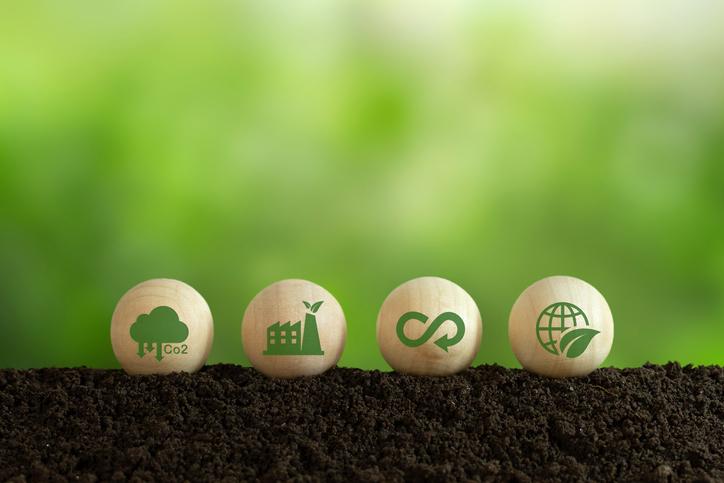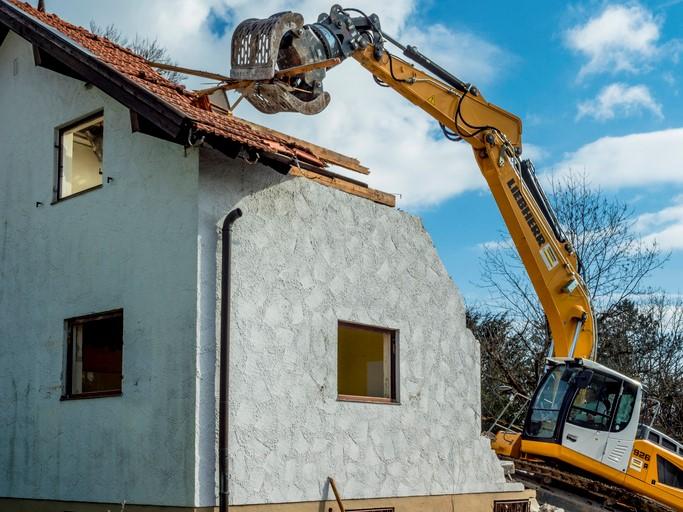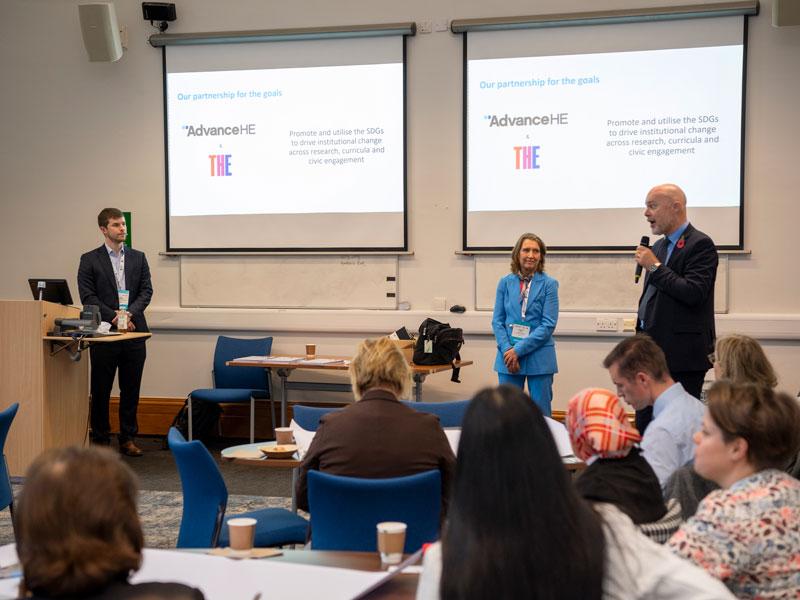The concept of impact has gained traction in academia since its introduction in the UK Research Excellence Framework nearly 10 years ago, which places emphasis on research that brings about positive societal change. However, as we confront increasingly complex societal challenges, there is a need to move beyond the retrospective lens on impact and embrace new ways to understand and achieve change. Circular economy research is an evolving field that brings together experts from various disciplines to address grand challenges, with an ambition that by closing the flow of resources in a system, so they keep circulating rather than generating waste, we are able to regenerate our environments and build thriving economies.
Here, I explore the transformative potential of applying this same philosophy to impact, resulting in circular impact as part of research. This means delving into the fundamental implications of research to better assess what changes emerge as a result. The concept’s effectiveness hinges on collaborative efforts spanning government, industry and academia, and the establishment of cross-sector and interdisciplinary networks.
By embracing circular impact, we can build narratives around our work for evaluation and monitoring purposes from the outset and use evaluation as a learning and improvement mechanism to design projects that rejuvenate and restore social, economic and environmental systems.
- Research excellence collection: what is it and how can universities achieve it?
- The sector’s role in addressing climate change is crucial – and varied
- Resource collection: How to chart a course through crisis
From critique to action
Much has been said about the “impact agenda” in UK higher education, both positive and negative. A lot of criticism highlights shortcomings in the way impact has been evaluated in exercises such as the REF, with authors citing the transactional nature of the process, the difficulty for certain fields and disciplines to reconcile the kinds of quantifiable evidence required and the lack of accounting for outcomes that might emerge over longer time periods. For an overview of these debates, the book The Impact Agenda is a good place to start.
However, critique is not the focus here. Instead, I want to think positively about impact through the lens of practice. It is something our team often thinks about, for two reasons.
First, in the UK Research and Innovation (UKRI)’s National Interdisciplinary Circular Economy Research (NICER) programme, we work on scaling capacity and capability for the circular economy in the UK. Alongside eliminating waste and circulating products and materials at their highest value, regenerative practice is a core principle in the circular economy community. Just as we strive to regenerate natural resources and create positive feedback loops in our work, we also aim to generate sustainable and long-lasting policy and industry impacts that benefit society and promote positive change over time.
Second, to do this, our team has embedded an impact, monitoring and evaluation process co-designed with colleagues Żaneta Muranko, from the University of Exeter, and Madeline Smith, of Glasgow School of Art, that allows us to take stock of and co-produce our “theory of change” in real time – connecting activities to outcomes in line with the change we would like to see as a result of our research. This moves us beyond static mapping activities common at the beginning of a project and sees us continually and critically reflecting on monthly actions in line with broader goals and ambitions. By reviewing activities on an ongoing basis, we can make fine-tuned adjustments to ensure our work is reaching the best people and generating impactful outcomes. Evaluation needs to be developmental and evolving to match this reflective process. How we do this is addressed below.
An additional consideration is the emphasis placed on impact by funding bodies such as UKRI, which break down impact into categories and provide toolkits for building impact into research projects.
Impacting policy
Circular economy has gained traction in policy circles, recognised as a viable solution to pressing issues in UK government strategy such as the recent Critical Minerals and MedTech strategies, the Skidmore Review of Net Zero, plans for growth outlined in Build Back Better, the Resources and Waste Strategy for England and many more in the devolved administrations. But while it is a hot topic, policy impact does not generate itself.
The need to address complex challenges cannot be captured by publication metrics alone. It calls for a shift in mindset and practices, emphasising whole-systems approaches and sustainable research that draws on diverse knowledge. In short, the goal of circular impact is to shift mindsets from impact as an effect of research to impact as a purposeful act planned for upstream.
How do we do this?
“Theories of change” function as useful roadmaps that describe how programmes are expected to work, outlining how certain actions lead to certain impacts. However, this kind of linear causal thinking often does not reflect the complexity of real-world situations. To ensure we achieve the impact we desire, we cannot wait and see. Rather, we must practice circular impact, using reflective learning and adaptation to allow adjustment and improvement in real time.
While it may seem a daunting prospect, as a team we follow some simple steps on a monthly basis that may serve as a useful starting point for others:
1. We developed a tool: This could be relatively simple like a spreadsheet capturing basic information on events and publications, or a more comprehensive collection of evidence on audience numbers, alignment to performance indicators, reflections on the process and so on. The important thing, though, is to have a dedicated place to consistently record information that is accessible to all. In our tool, we have categories to capture data on activities, how they were initiated, who was reached, mechanisms for extending reach, and forecasting potential medium and long-term outcomes.
2. We meet regularly: Each month, members of the team responsible for documenting our theory of change meet individually with others across the project to discuss the month’s core activities. During this time, we consider how activities – such as presenting at a conference, attending a workshop, publishing a paper – align with our broader goals and explore potential for extending otherwise short-term events into longer-lasting opportunities. This could include translating an academic article into a piece for a general audience or appearing on a podcast to increase the reach of the findings.
3. We strategise, then act: During monthly discussions, we may identify further mechanisms to generate reach such as translating a technical academic article into a general audience blog post or opinion piece. Regularly strategising in small groups is fantastic for generating new ideas and uncovering otherwise unknown links – that call for papers or seminar you missed might be spotted by your colleagues and can be passed on as a result of regular discussion. Plus, finding ways to engage audiences beyond academia is key to building meaningful impact.
4. We adapt and evolve: Because this is part of our regular practice (don’t be fooled, it took some work to embed), we are able to evaluate what we are doing systematically over time. When things work well, we do more of them. When they don’t, we do less or we alter the course. In other words, circular impact for us means putting our theory of change into practice.
Meaningful impact
With circular impact practices we are able to foster research that is not only academically rigorous, but which contributes to a regenerative and sustainable future for society and the planet by positively engaging with policymakers and broader society. Let’s embrace evaluation as a learning process and impact as a positive force, shaping a better world through our collective efforts.
Ryan Nolan is a postdoctoral research impact fellow in the UKRI National Interdisciplinary Circular Economy Hub at the University of Exeter and a member of the Universities Policy Engagement Network (UPEN).
If you would like advice and insight from academics and university staff delivered direct to your inbox each week, sign up for the Campus newsletter.




comment